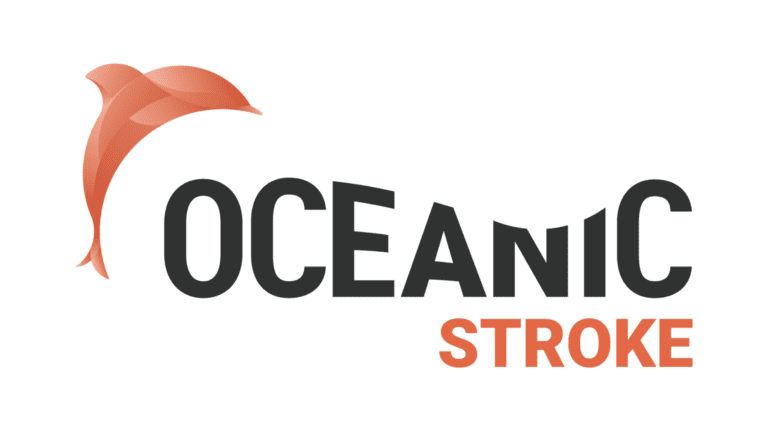For patients with chronic atherosclerosis, adding a small dose of rivaroxaban to aspirin not only reduces the risk of major adverse cardiovascular (CV) events, but also saves lives. Robust evidence of this demonstrated in a new analysis of the COMPASS trial can help change clinical practice, says PHRI Senior Scientist John Eikelboom.

Eikelboom, Anand, Connolly
He is lead author of the paper, Mortality benefit of rivaroxaban plus aspirin in patients with chronic coronary or peripheral artery disease, published recently in the Journal of the American College of Cardiology.
Coauthors include Deepak Bhatt, Brigham and Women’s Hospital Heart and Vascular Center, Eikelboom’s fellow investigators on COMPASS – Stuart Connolly, Sonia Anand, Jackie Bosch, Robert Hart, Mike Sharma and Salim Yusuf, and collaborators from several nations.
Dr. Eikelboom gives the historical context and significance of the COMPASS post-hoc analysis. “Over the past three decades, a series of studies have tested other antithrombotic therapies as alternatives or additions to aspirin, but to date none have been shown to save lives.”
He adds, “today, as heart attack and stroke treatments have greatly improved, people live longer with chronic disease, requiring more effective therapies to protect them from recurrent events. Aspirin alone is only modestly effective.”
The COMPASS analysis finds that the combination of rivaroxaban and aspirin, compared with aspirin alone, reduced overall and CV mortality with consistent reductions in cause -specific CV mortality in patients with chronic CAD or PAD. The absolute mortality benefits are greater with increasing baseline risk.
Further areas for study
Although COMPASS is respected as a large study with a rigorous methodological design, Eikelboom notes that “there were very few patients with a history of stroke, and we also did not study patients with end stage kidney disease. Both these populations are at very high risk and urgently require further study.”
The research team would also like to better understand the types of deaths that are prevented by adding low-dose rivaroxaban to aspirin.
“Cardiovascular deaths are clearly reduced but our previous analyses have been intriguing in suggesting that an early increase in gastrointestinal bleeding after starting low-dose rivaroxaban may unmask previously undiagnosed gastrointestinal cancer,” says Dr. Eikelboom. “It is possible that unmasking gastrointestinal cancer results in earlier diagnosis and improved cancer outcomes, but this is still unproven and requires further study.”
Time to begin implementing treatment is now
The COMPASS results “should prompt clinicians to consider the routine use of low-dose rivaroxaban for long term management of patients with atherosclerosis who are at high risk of further events,” says Dr. Eikelboom, adding that “it takes time to change practice.”
“First we need to see and understand the results, and then we need to gain confidence in the use of new treatments. The results of our analyses, and those previously published, regarding the use of low-dose rivaroxaban added to aspirin are clear and compelling.”
The time to begin implementing this treatment is now.”




